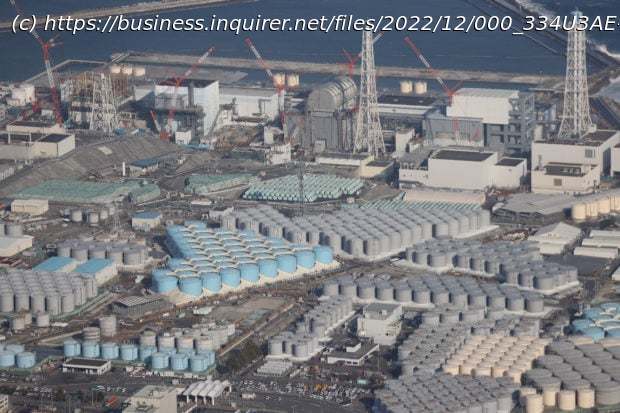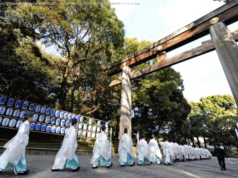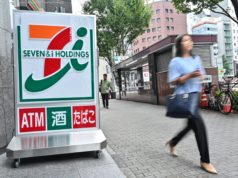Array
Japan is facing its most severe energy crisis in decades and wants to speed up the revival of its nuclear energy industry to reduce its dependence on imported fossil fuels.
But restarting more nuclear reactors remains controversial, more than a decade after the 2011 Fukushima disaster.
All the country’s reactors were shut down for safety checks after the Fukushima meltdown, and there are currently 33 considered operable.
By mid-December, nine were generating electricity, meeting a target set by Prime Minister Fumio Kishida this summer to help counter energy shortages and cover around 10 percent of Japan’s winter power consumption.
The national nuclear safety watchdog has approved the restart of seven other reactors in principle, but such moves often face fierce opposition from local communities.
In August, Kishida called for these seven reactors to come online by summer 2023 and said Japan should also consider building next-generation nuclear reactors.
He also said authorities would discuss extending the service life of existing reactors beyond the current 60-year limit if safety can be guaranteed.






